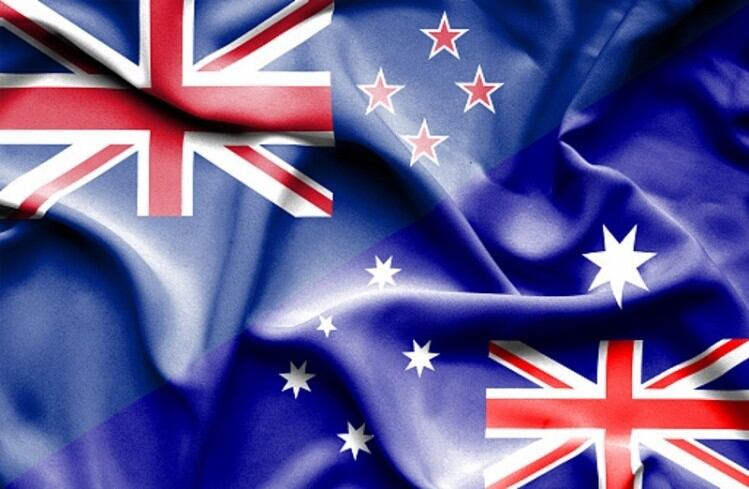Bridging the gap: Kommunity Brew hopes new probiotic drink can combine taste and health benefits
Australian Kombucha firm Kommunity Brew is venturing into the hydration and probiotic drink space as it seeks to grow nationwide.
The brand places significant value on its partnerships with independent grocers run by mainly families or locals, emphasising a shared sense of purpose and values.
CEO Mason Bagios reveals that Kommunity Brew currently has a limited presence in mainstream supermarkets, specifically Coles in western Australia. He also highlighted the mutual commitment of Kommunity Brew and independent grocers to fostering close connections and respecting communities.
Nurture to expand its Digestion + probiotic drink range as it set sights on South East Asia
Fonterra brand Nurture plans to expand its powdered probiotic drink range to target stress-relief and skin health this year.
The brand is simultaneously introducing the range offline in Singapore and exploring potential markets in Malaysia, Indonesia, and Thailand.
All these are part of Fonterra’s strategic move into the wellness sector and positioning South East Asia as its regional hub. Nurture introduced a series of products, including Digestion + Immunity last April followed by Digestion + Energy and Digestion + Focus in November.
These powdered probiotic drinks specifically target busy, active working professionals who are conscious of the impact diets have on their bodies and seek better support for gut health and overall wellbeing.
Dairy dash: China’s final tariff removals open new opportunities for New Zealand brands
China’s recent removal of tariffs on all dairy products from New Zealand, including milk powder used for both general consumption and processing to infant formula, could spell huge potential for brands that have a strong focus on quality and sustainability.
China and New Zealand signed a free trade agreement (FTA) in 2008, but with regard to dairy it has taken 16 years to finally see all tariffs removed.
According to New Zealand Ministry of Foreign Affairs and Trade data, New Zealand was the first developed country in the world to enter into an FTA with China, since quadrupling exports there valued at over NZ$37bn (US$22.7bn) as of 2021, and seeing China become its biggest trade partner.
Production and partnership priorities: Aussie cultivated meat firm Magic Valley details 2024 plans as regulatory approval nears
Australian cultivated meat firm Magic Valley has detailed its production and partnership objectives for 2024 as it seeks to get products in front of consumers in 2025.
Beyond domestic collaborations, Magic Valley is fostering ties with overseas partners, specifically Biocell in the US and exploring other partnerships throughout Asia to contribute to various aspects of the cultivated meat processes.
“As a company, we recognise the impracticality of doing everything on our own. The intricacies of cell biology, bioprocess engineering, and cultivated meat production at scale require diverse expertise. Hence, we are looking at partnerships in those areas to propel us forward.” CEO Paul Bevan told FoodNavigator Asia.
‘Added sugar’ definition: FSANZ agrees to industry requests for longer transition, rejects low-energy sugar exclusions
Food Standards Australia New Zealand (FSANZ) has formally gazetted the definition of ‘added sugars’ to be used as part of its upcoming ‘no added sugars’ labelling policy, and has allowed for a longer transition time based on proposals from the food and beverage industry.
The process to properly define ‘added sugars’ was started by the government back in September 2023 upon request from Australia and New Zealand ministers, sparking a call for public comment that saw FSANZ receive over 80 responses from the food and beverage industry and general public.
One of the most common requests made were to lengthen the transition period for classifying certain sugars or ingredients within the proposed ‘added sugars’ list from the initially proposed two years.



